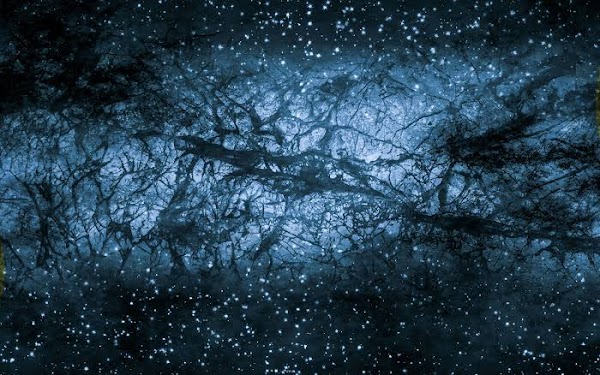Scientists confounded by new findings on universe's mysterious dark matter | Flash News
Scientists confounded by new findings on universe's mysterious dark matter
Dark matter, a mysterious invisible substance that makes up most of the mass of galaxies, including our own Milky Way, is again confusing scientists, with new observations of distant galaxies in conflict with current understanding of its nature.
Research published this week revealed an unexpected discrepancy between observations of dark matter concentrations in three massive galaxy clusters encompassing trillions of stars and theoretical computer simulations of how dark matter should be distributed.
"Either there is an ingredient missing in the simulations or we have made a fundamentally incorrect assumption about the nature of dark matter," astrophysicist Priyamvada Natarajan, co-author of the study published in the journal Science, said on Friday.
Dark matter is the invisible glue that holds stars together inside a galaxy. It also creates invisible scaffolding that allows galaxies to form clusters. But it has very specific properties. It does not emit, absorb or reflect light and does not interact with any known particles.
It is thought that most of the matter in the universe, around 96%, is dark matter, with ordinary matter - the visible substance that makes up stars, planets, and people - just 4%.
The presence of dark matter is only known by its gravitational attraction on visible matter in space. It differs from the equally enigmatic and invisible dark energy, which is regarded as a property of space and which is at the origin of the accelerated expansion of the universe. Dark energy is disgusting. Dark matter attracts by gravity.
The new study involved observations from the Hubble Space Telescope and the European Southern Observatory's Very Large Telescope in Chile.
When light from distant sources such as distant galaxies passes through matter such as another galaxy or a cluster of them, the light is deflected and bent - a phenomenon called a "gravitational lens," said the astrophysicist and lead author of the study Massimo Meneghetti from the Observatory of Astrophysics and Space Science in Bologna and National Institute of Astrophysics in Italy.
The new observations showed that the gravitational lensing effects produced by galaxies residing inside huge galaxy clusters were much stronger than the current dark matter theory envisioned, suggesting a surprisingly high concentration of dark matter in these galaxies.
“It's quite surprising,” Meneghetti said.


Please share some ideas of Stephen Hawking as well.
ReplyDeletei am quite interested in apocalyptic and post apocalyptic ideas as well. share some authentic data about it please. your news are really helpful. Thanks alot.
ReplyDelete